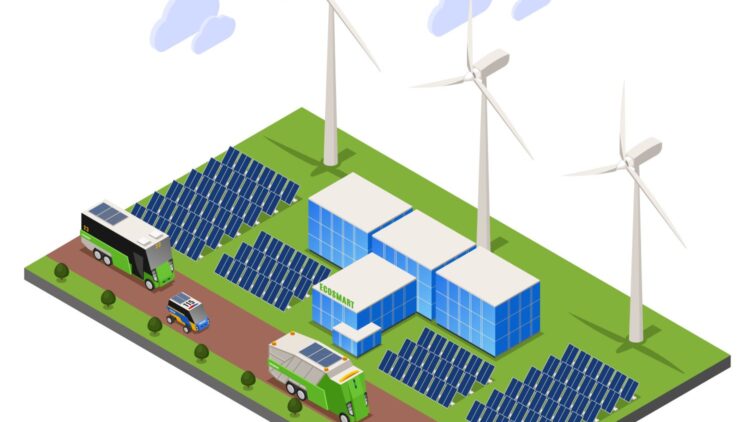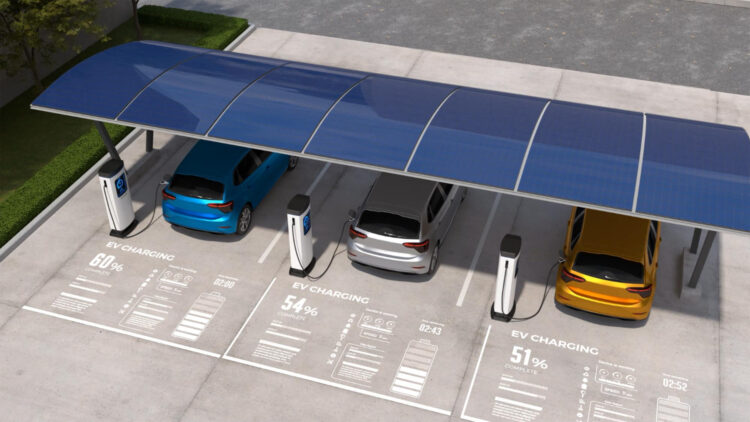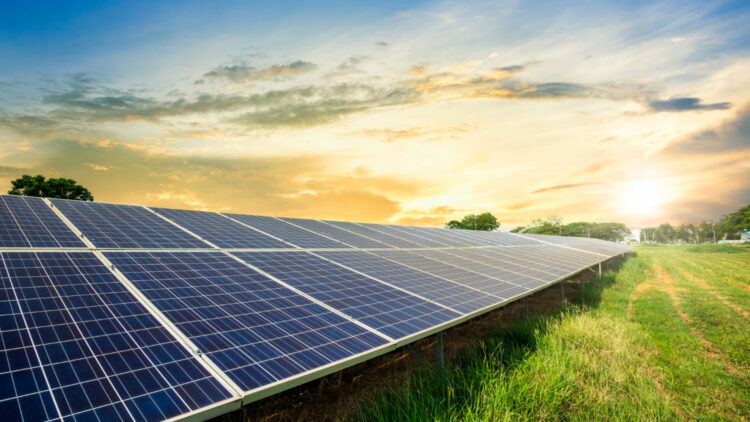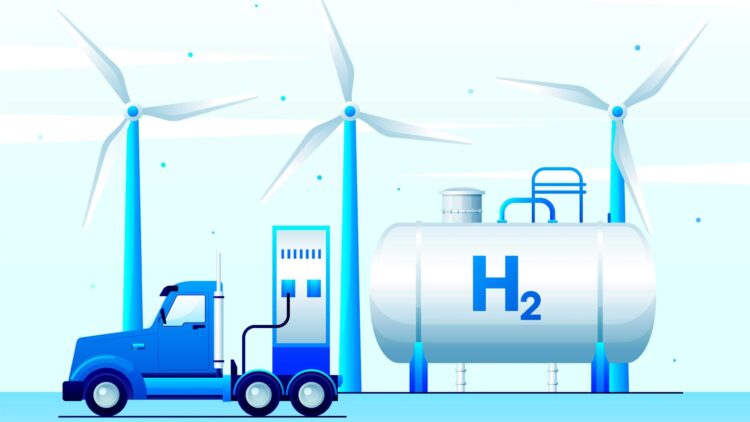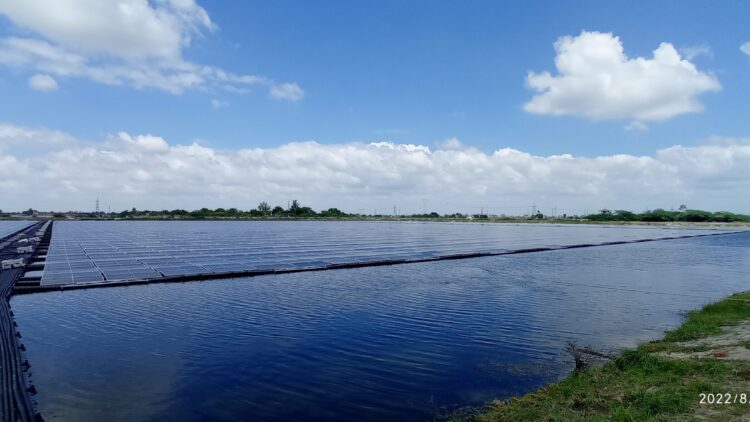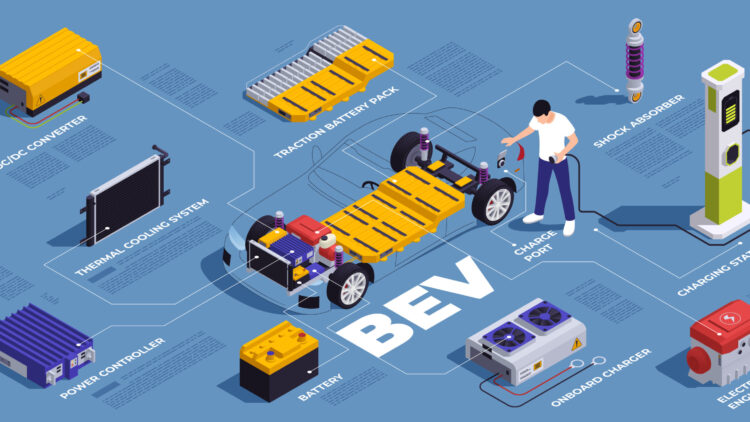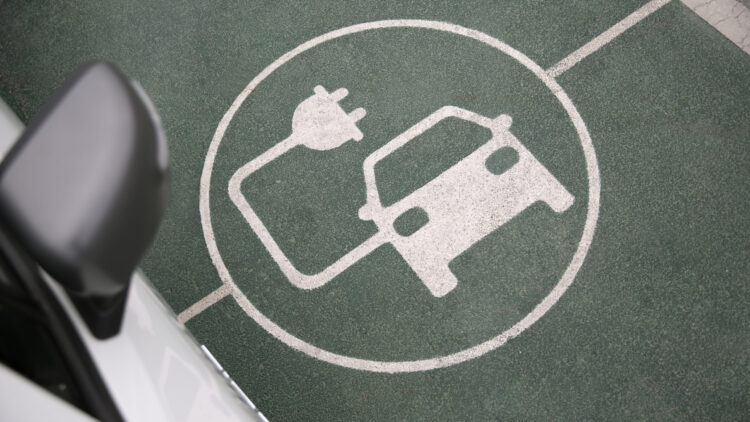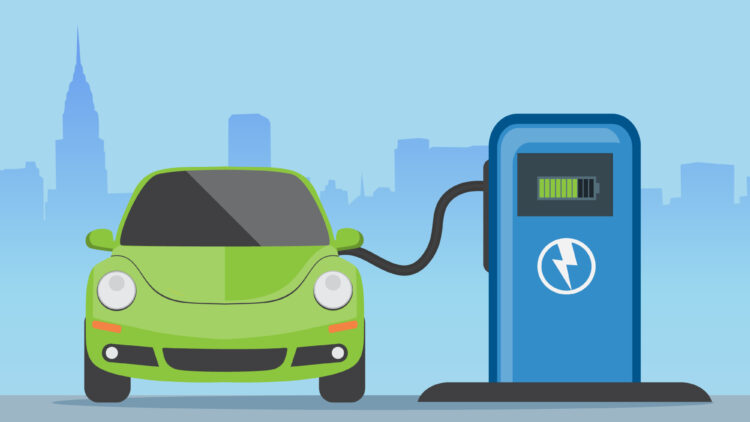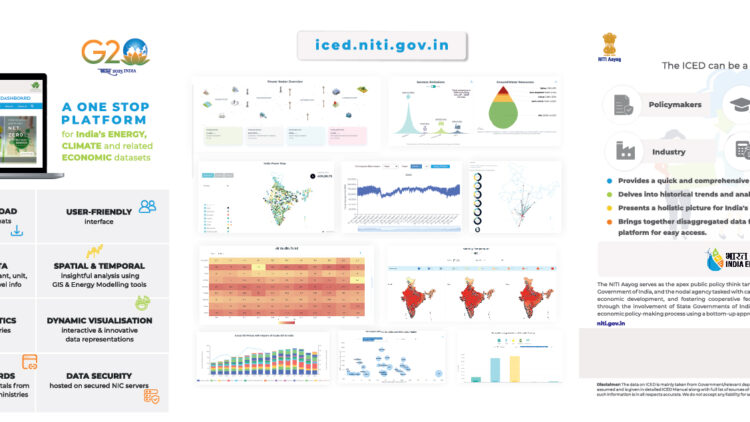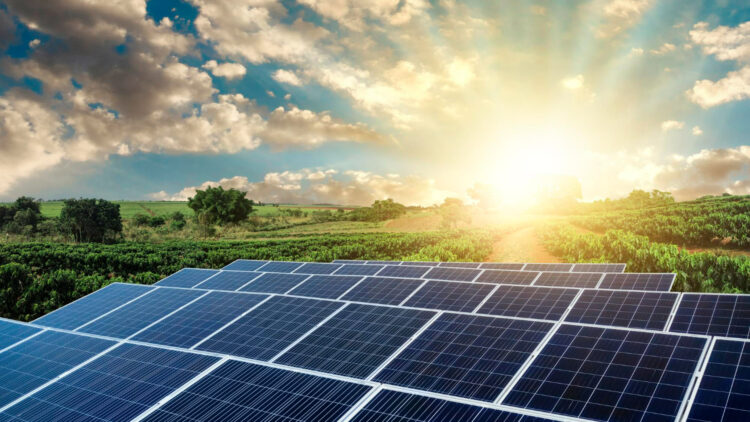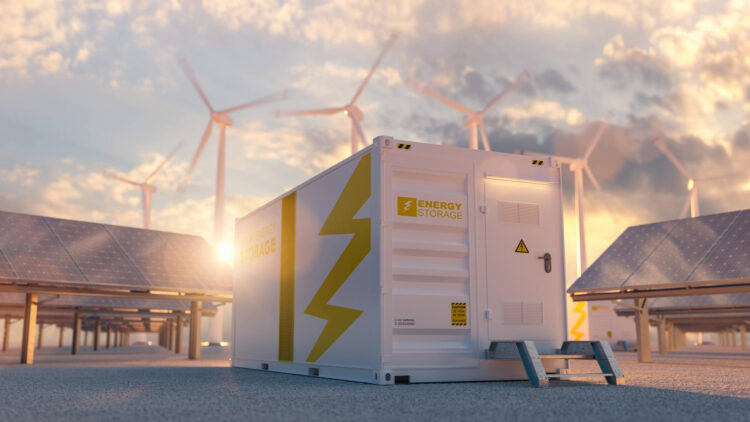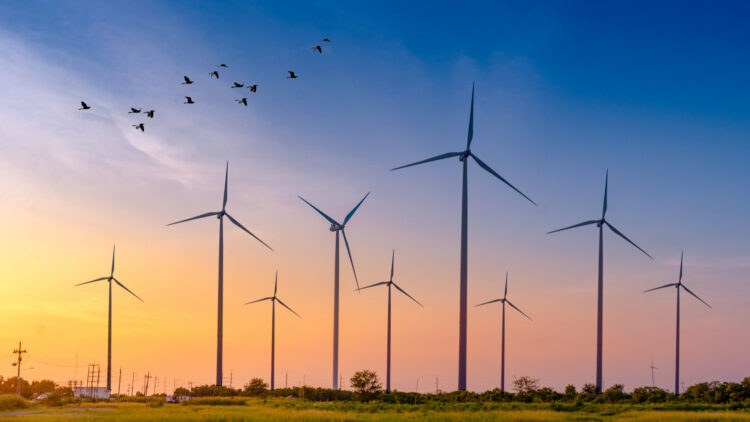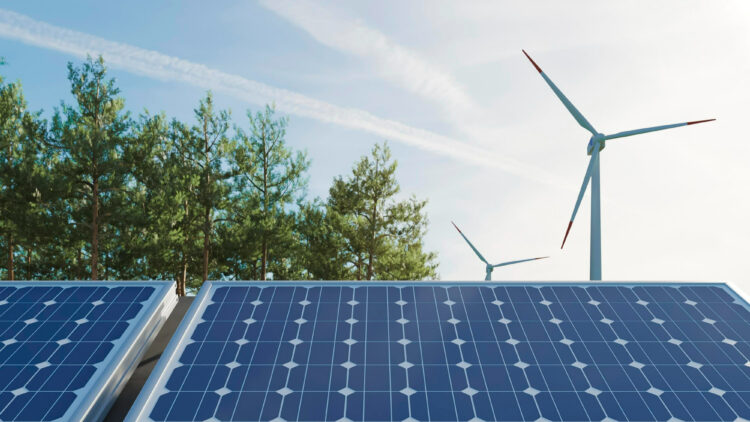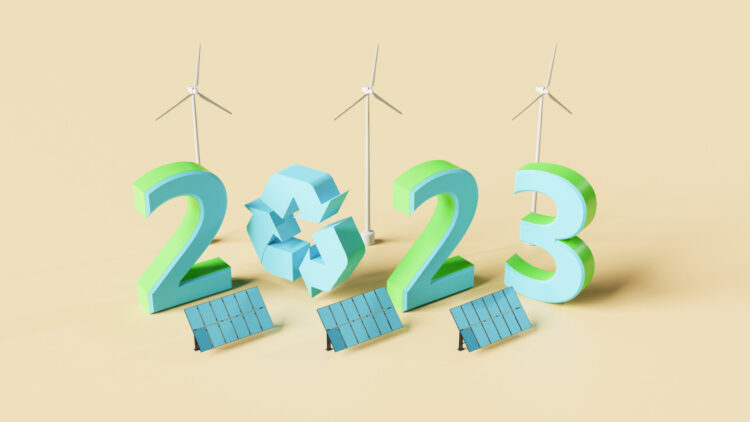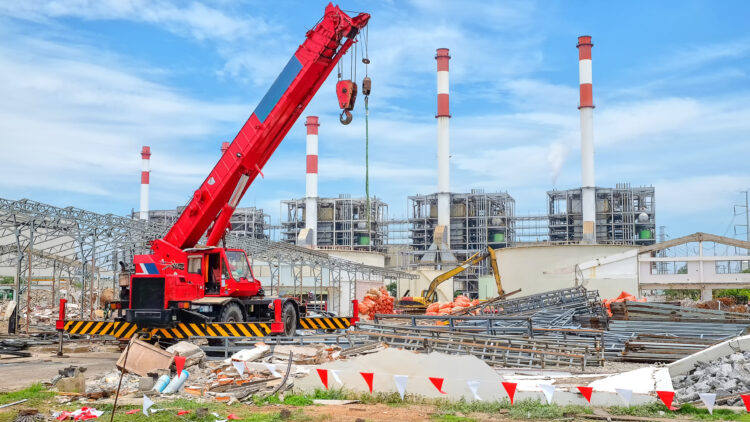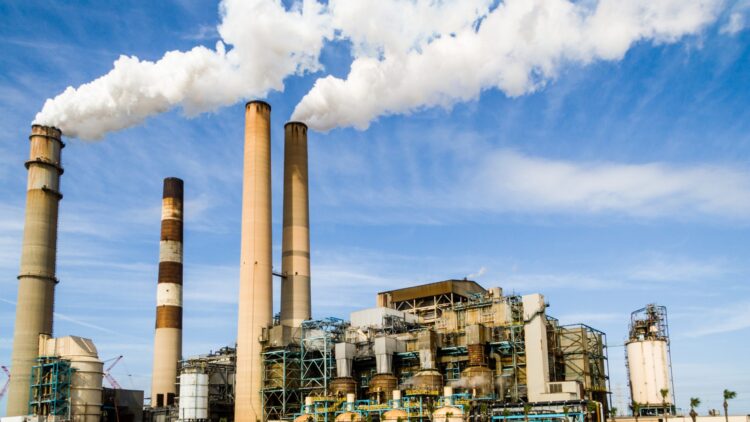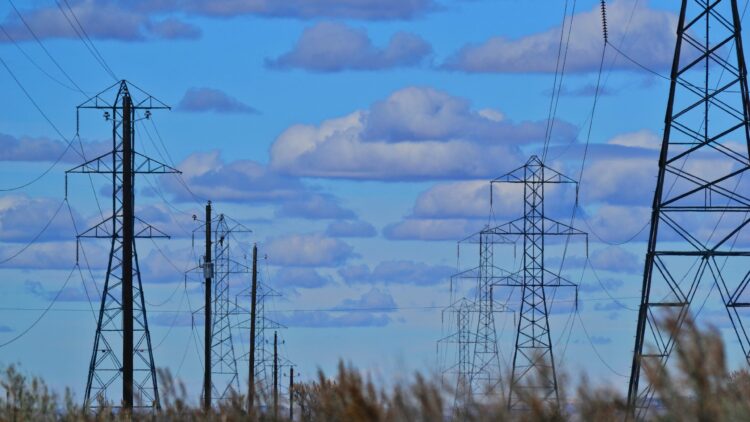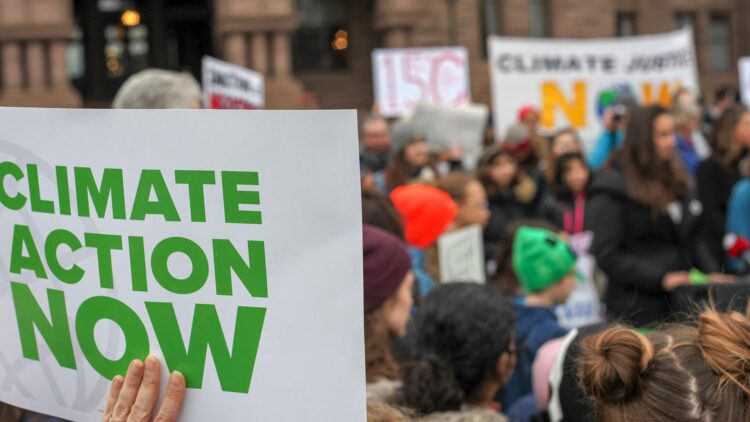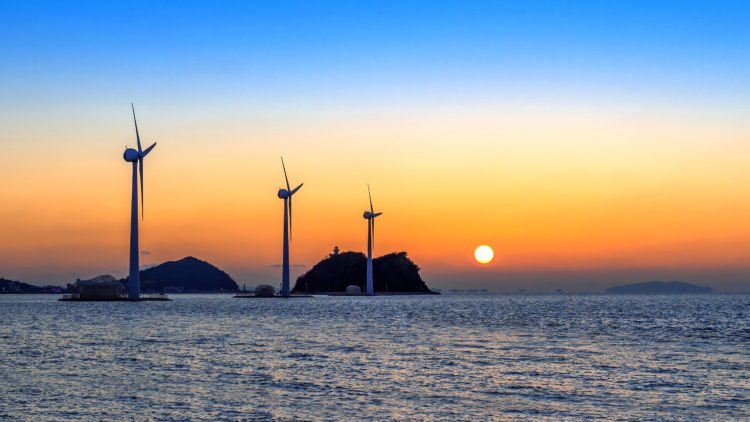Bridging Wisely: Are All Transitional Technologies Worth the Investment?
Jaideep Saraswat, Nikhil Mall In the quest for a greener, more sustainable future, the path from traditional methods to cutting-edge solutions often requires stepping stones: transitional or compromising technologies. These technologies manifest across various sectors, including energy, transportation, and manufacturing. Examples encompass the shift from coal to natural gas before fully embracing renewable energy sources,
MoreWhy Indian Solar Module Manufacturers Should Prioritise Vertical Integration
Jaideep Saraswat, Nikhil Mall The Renewable Energy India Expo 2024 has concluded, leaving behind a trail of ambitious announcements from Indian solar module manufacturers[1]. While many declared plans to expand their module manufacturing capacities, commitments to increasing solar cell production or focusing on vertical integration were rare. This trend, though understandable in the context of
MoreIndia’s Electric Two-Wheeler Market: A Growing Opportunity
Jaideep Saraswat, Nikhil Mall Two-wheelers have long been the backbone of personal transportation in many parts of the world, including India. Their compact size, ease of maneuverability, and high fuel efficiency make them an ideal choice for both congested urban centers and sparsely populated rural areas. The global two-wheeler market is substantial and growing, reaching
MoreExamining the Electric Four-Wheeler Market in India
Jaideep Saraswat, Nikhil Mall The growth of Electric Vehicles (EVs) is evident, with consumer interest increasing year-on-year. Various surveys conducted by several agencies validate this trend[1]. However, the growth rate varies significantly across different segments. For instance, EV sales penetration is highest in the three-wheeler segment at 54%, followed by the two-wheeler segment at 6%,
MoreUnveiling Insights into Clean Energy Technologies
Jaideep Saraswat, Nikhil Mall, Tushar Katiyar The global shift towards clean energy is swiftly gaining momentum, propelled by a myriad of green technologies such as renewables, energy storage solutions, green hydrogen, electric mobility and more. While many of us are familiar with these technologies and frequently discuss them in our daily lives, this blog seeks
MoreEvaluating the Expansion of India’s Electric Vehicle Charging Infrastructure Sector
Jaideep Saraswat and Nikhil Mall The widespread adoption of Electric Vehicles (EVs) hinges significantly on two critical factors: public awareness regarding EVs and their benefits, and the availability of a reliable and extensive charging network. These elements are pivotal in assuaging concerns related to range and charge anxiety, which often deter potential buyers from embracing
MoreEmpowering India’s Solar Revolution: From Manufacturing Milestones to Next-Gen Efficiency
Jaideep Saraswat, Nikhil Mall, Tushar Katiyar As the need to intensify efforts in combating climate change grows, there is a notable surge in the adoption of solar photovoltaic (PV) technology to decarbonize the power sector. India, consistently demonstrating leadership on the global stage, has significantly increased its solar PV capacity to 73.318 GW, a remarkable
MoreAccelerating Green Hydrogen Economy: India’s Progress on National Green Hydrogen Mission
Jaideep Saraswat, Nikhil Mall, Tushar Katiyar Time seems to be in a constant sprint, doesn’t it? It feels like just yesterday we were buzzing with excitement over some groundbreaking announcements on hydrogen. Now, almost a year later, here we are, eager to assess the strides we’ve made since the release of the National Green Hydrogen
MoreMainstreaming Floating Solar Photovoltaic (FPV) Systems and Investigating Tracking Solutions to Boost Energy Production
Jaideep Saraswat, Nikhil Mall Within the framework of the Paris Agreement, approximately 197 nations have committed to restricting global temperature rise to well below 2 degrees Celsius, with a concerted effort to limit it to 1.5 degrees Celsius[1]. Achieving this objective demands the widespread adoption of clean energy technologies, including solar and wind power. Solar
MoreEmpowering India’s Auto Technicians: Electric Vehicle Training and Safety
Jaideep Saraswat, Nikhil Mall, Tushar Katiyar The electrification of the road transport sector is experiencing significant growth, driven by various factors such as the declining cost of batteries, the expanded deployment of charging infrastructure, favorable policy incentives at both central and state levels, increasing consumer awareness, and more. India has set an ambitious target of
MoreClothing and Climate: The Environment Connect
Nitin Bajpai, Raghav Pachouri, Vrinda Gupta For the past two to three decades, the fashion industry has come under the spotlight for causing negative impacts on the environment and society at a global level. This is because the decrease in the price of apparel and faster trend cycles have resulted in increased consumption of clothes
MoreEnsuring Safety in Electric Vehicles: High Voltage Systems and Safety Measures
Jaideep Saraswat, Nikhil Mall The sales of Electric Vehicles (EVs) are experiencing substantial growth while the era of Internal Combustion Engine (ICE) vehicles is nearing its end. Globally, it is projected that one out of every five car sales in 2023 will be an EV. Yearly estimates for EV sales continue to be adjusted upward
MoreDebunking Consumer Fears About Electric Vehicle (EV) Charging
Tushar Katiyar and Varun B R In the ever-evolving landscape of electric vehicles (EVs), a few persistent concerns remain at the forefront of consumers’ minds: range anxiety, and long charging times. This is further amplified in the scenario where consumers fear being stranded en route to their destination. It’s no secret that these apprehensions can
MoreDecarbonizing the Future with Data: India Climate and Energy Dashboard
Jaideep Saraswat and Nikhil Mall In today’s age, often referred to as the “data age,” our computer networks and storage devices are constantly flooded with terabytes or petabytes of data. This exponential growth in data can be attributed to the computerization of economies. To make the most of this wealth of information, it is crucial
MoreThe Evolution of Solar PV Efficiency and Its Promising Future
Jaideep Saraswat and Nikhil Mall Solar Photovoltaic (PV) technology has emerged as the optimal solution to combat the climate crisis plaguing humanity. The discovery of the photovoltaic effect by French physicist Alexandre-Edmond Becquerel in 1839 marked the beginning of a journey during which numerous scientists and organisations contributed to its development. In the past decade,
MoreDeveloping Energy Storage Systems (ESSs) in the Country is the Key to Decarbonising Power Sector
Rishikesh Sreehari, Shubham Thakare At the commencement of COP 26, India announced to achieve net-zero emissions by 2070 and submitted updated nationally determined contributions (NDCs) to the United Nations Framework Convention on Climate Change(UNFCCC), reaffirming its commitment to reduce emission intensity by 45 percent from 2005 levels by 2030. The decarbonisation of the energy sector,
MoreImplementing ‘Just Transition’ in India – The Framework and Methodological Considerations
Sarthak Shukla* Emanating from global discourse around worker welfare, the concept of ‘just transition’ has come to being associated with climate action, where it intends to transform energy systems from being fossil-dominated to environmentally cleaner forms, by keeping interests of vulnerable sections of the society in the centre. In the past few years the concept
MoreDecoding ‘Just Transition’ in India: The Conceptual Underpinnings
Sarthak Shukla* Planet Earth and humanity are experiencing turbulent times as climate change and induced socio-economic impacts are threatening ecology, society and the economy. The multi-thousand pages of voluminous work over the past few decades in the form of Assessment Reports by the Inter-governmental Panel on Climate Change (IPCC) testify to this – the most
More8 Things to Look Out for in the Union Budget 2023-24 vis-à-vis Clean Power
Jaideep Saraswat, Varun BR India stands as a bright spot at the global forum. It is one of the only large economies having upbeat growth prospects according to the World Economic Outlook 2023, released by the International Monetary Fund (IMF)[1]. A similar tone was reflected in India’s economic survey 2022-2023 carried out by the Department
MoreA Quick Look at the Key Numbers from National Green Hydrogen Mission
Jaideep Saraswat, Nikhil Mall, and Varun B.R. India’s tryst with Hydrogen has been progressively gaining momentum over the last two decades. Beginning in 2003, with the institution of the National Hydrogen Energy Board, the Government has been cognizant of Hydrogen’s potential as a key energy vector to enhance India’s energy security. In light of India’s
MoreInsights on under-construction coal-fired power plants in India
Parul Babbar India added a total of ~31 GW of coal in last five years between April 2017 and September 2022. As of September 2022, no new coal-fired station got added to the list of coal-fired power plants. Recently, the draft National Electricity Policy Vol-1 2022[1], mentions the addition of 25.58 GW capacity of
MoreReducing the cost barrier between Green and Grey Hydrogen in India
Jaideep Saraswat, Nikhil Mall & Varun BR India is showcasing exemplary leadership at the global forums aimed to address climate change. At COP 26, the honourable Prime Minister of India, Shri Narendra Modi, put forth India’s long-term aim to reach net zero by 2070. This announcement was emboldened by a spate of short-to-medium-term enhanced targets
MoreIndia’s Electricity Transition and the Challenge of Peak Power Demand – Part 2
Raghav Pachouri, Shubham Thakre, Sonam Sinha In Part 1 of this series, we discussed the changes in monthly and yearly electricity peak demand patterns, the increasing variability in demand over the years, and the occurrence of peak demand within the day i.e., hour/time of peaking of electricity demand. In this article we look at the
MoreForced Outages in Coal Power Plants
–Sonam Sinha, Raghav Pachouri In the last five years, close to 31GW of coal power installed capacity has been added to India’s electricity generation capacity mix. However, due to various reasons ranging from low demand, coal, and other fuel shortages, amongst others, the overall annual PLF of coal-fired power plants was in the band of
MoreStandards & Labelling for High Energy Lithium-ion Traction Battery Packs & Systems: A Review
By Jaideep Saraswat and Nikhil Mall The standards & labelling (S&L) program aims to provide consumers with the necessary information to make prudent decisions in purchasing energy-consuming appliances that are energy efficient. It is the flagship initiative of the Ministry of Power (MoP) implemented by the Bureau of Energy Efficiency (BEE). To date, 28 appliances
MoreIndia’s Electricity Transition and Challenge of Peak Power Demand – Part 1
By Raghav Pachouri, Shubham Thakre, Sonam Sinha Since Independence, the paradigm for the Indian power system was one of shortage due to deficiency in energy production. Electricity consumption was a mere 17 kWh per capita in 1947, and installed generation capacity was 1.36 GW. In the decades following, generation grew by 10-11 percent per year
MoreConsiderations for India’s Climate Change Mitigation Future
By Varun B. R. & Jaideep Saraswat In its latest report, the Intergovernmental Panel on Climate Change (IPCC) as part of its sixth Assessment Report (AR6) expounded on various facets of climate change mitigation. Addressing a ‘code-red to humanity’ situation warrants an economic, social, environmental, and technological assessment to pursue concrete pathways to counter the
MoreJust Sit Tight – Even Wind Sector is Innovating
By Jaideep Saraswat & Nikhil Mall The Paris Agreement has 197 signatory countries aiming to limit global warming to well below 2°C and make efforts to limit it to 1.5°C. A 50 percent probability to meet this target leaves the world with 400-800 Gt- CO2 of the carbon budget. Staying within this budget requires rapid
MoreIndia leads the way with ambitious climate goals at COP 26 meet
This piece is the take of the Vasudha Foundation on the recent announcements made by the Honourable Prime Minister of India at COP 26. For the last 3 decades, United Nations (UN) has been bringing together all the countries for global summits. During the last two decades, climate change has emerged as the highest priority
MoreLook beyond solar PV for Decentralized Power Generation
Jaideep Saraswat, Vasudha Foundation India’s power sector is undergoing a substantive overhaul on several tenets. First, it has transitioned from a power deficit to a surplus nation due to accelerated capacity additions.[1] Second, access to electricity has been provided to all the willing households in India.[2] Third, the honorable prime minister of India has raised
MorePrinciples and Criteria of Green Recovery in India that enable NDC-enhancement in 2021
by Chetna Ahlawat, Vasudha Foundation The outbreak of Coronavirus in late 2019 has brought life to a screeching halt for people across the world. After being under lockdown for months, governments across the globe are designing green recovery as an umbrella term to revive all nations from the pandemic. Despite their varying approaches, some common green
MorePromotion of Renewable Energy (RE) at the heart of Green Recovery in India
by Divya Singh,Vasudha Foundation India under Pandemic and Green Recovery 2020 sees the world struggling with the socio-economic impacts during the different phases of the global pandemic caused by the Covid 19 virus. Across the globe, people protected themselves, countries-imposed lockdowns and physical distancing measures. Especially in countries which reacted too late this led to significant
MoreGreen Recovery in India to Strengthen Sustainable Agriculture
by Chetna Ahlawat, Vasudha Foundation As of 2019, in addition to ensuring food security, agriculture has contributed 15.9% to the Indian GDP and employed 42.3% of its population. Despite its high reliance on monsoons, agriculture continues to be the largest provider of livelihoods in rural India. India is among the top three producers of wheat, pulses,
MoreGreen Recovery in India to Strengthen Overall Social Resilience
by Chetna Ahlawat, Vasudha Foundation Crises and emergencies – natural or man-made – have always revealed underlying inequalities existing in society. The Coronavirus has not been very different in this regard. According to Centre for Monitoring of Indian Economy in India, the unemployment rate in 2020 which stood at 8.74% in March rose to 23.48% in
MoreFinancing of a systemic energy transition in the aftermath of Corona pandemic
by Divya Singh,Vasudha Foundation Growth of Renewable Energy Sector in India India, over the last 6 to 7 years, has witnessed significant transformations in energy systems and structures with a strong policy thrust on renewable energy (RE) and energy efficiency (EE). It has set an ambitious RE generation target of 175 GW RE installed capacity by
More“Fulfilling the Paris Agreement: Pathways to Accelerate Clean Energy Deployment in Developing Countries”, CSO Panel discussion at the World Bank Spring Meetings 2016
Vasudha Foundation organised a panel discussion on “Fulfilling the Paris Agreement: Pathways to Accelerate Clean Energy Deployment in Developing Countries, at the Civil Society Policy Forum at the World Bank Spring Meetings, on Friday, 15th April 2016. The interactive discussion moderated by Mr. Srinivas Krishnaswamy, Chief Executive Officer, Vasudha Foundation, aimed to understand some of
MoreFEATURE: Seeking Climate Finance for Resilient Indian Cities
Srinivas Krishnaswamy, CEO, Vasudha Foundation, reports on project activities for the CDKN supported project Finding the Finance: Climate Compatible development in Asian cities. With various development challenges that many Indian cities face, one emerging challenge is to ensure that our cities are “climate resilient without sacrificing the aspirations of the average Indian to maintain the right
MoreMy Blog on the Paris Agreement
What Makes the Paris Agreement, Historical? by Srinivas Krishnaswamy, Chief Executive Officer, Vasudha Foundation For many of us, who have been following the Global Climate Negotiations, tend to think that the Paris Agreement is indeed a historical movement for the climate negotiations. This perception largely stems from the fact that the agreement has a broad consensus from
MoreLetter from People of India to COP21 and Friends in the Developed World
Dear Friends, You don’t know us. You may not even have heard of us. We speak a different language but we are sure you will understand us. We can’t write; we are illiterate. We are poor. We live in far off places. There’s no light in our village. We use firewood to cook. We have
MorePanel discussion on “Scaling up Renewable Solutions in Developing Economies” at the World Bank Spring Meeting, Civil Society Policy Forum, Washington DC, Friday, 17th April 2015
Vasudha Foundation organized a panel discussion on the theme of “Basket of Options for Scaling up Renewable Energy in Fast Developing Economies such as India”, at the Civil Society Policy Forum at the side lines of the World Bank Spring Meetings, on Friday, 17th April 2015. The panel discussion had a interesting line up of discussants. Mr. Srinivas Krishnaswamy, Chief Executive Officer, Vasudha Foundation, made a brief presentation on “Development Deficit” in a number of developing economies, by giving example of the ground realities in India. He highlighted the opportunities for countries to opt for low carbon pathways and making the case that low carbon pathways could potentially ensure inclusive growth and poverty alleviation as against the traditional and hitherto followed development policy and pathways.
MoreVasudha Foundation’s report release at the Civil Society Policy Forum of the World Bank’s Annual Meeting 2014
Vasudha Foundation released its new report, titled “Electricity for all in India- Why coal is not always king” on the 8th of October 2014, at the Civil Society Policy Forum of the World Bank’s Annual Meetings 2014. The panel discussion at the release of the report had Dr. Anita George, Senior Director, Energy and Extractives
MoreIndia-China Diplomacy: Learning, co-operating and paving the way for low carbon development.
by Sunita Dubey (Head of Programmes, Vasudha Foundation) The coveted trip by the Chinese Premier Xi Ping has put a lot attention on development paths of India and China, and the lessons they can learn from each other. The two countries have signed 12 agreements in Delhi, one of which will see China investing $20
MoreDoha Outcome
View Article
MoreLaunch of Report: “Shifting of Goal Posts – A report card of Rural Electrification in India & a Recipe for Accelerated Progress”
A half-day round table conference was organised by Vasudha Foundation on “Decentralized Energy Solutions” for meeting energy and electrification targets in India.
More







